|
|
||
|
Pro Tools
FILMFESTIVALS | 24/7 world wide coverageWelcome ! Enjoy the best of both worlds: Film & Festival News, exploring the best of the film festivals community. Launched in 1995, relentlessly connecting films to festivals, documenting and promoting festivals worldwide. Working on an upgrade soon. For collaboration, editorial contributions, or publicity, please send us an email here. User login |
Jo Coates: Director of Hide and Seek - interview
The idea came from a music video that I made with my writing partner and husband. We did this music video with characters that were living isolated and it was a bit more abstract, so we decided to explore it a bit more, play more with people. We were thinking quite a lot of Bergman as well, and we included many personal ideas around the context and the setting.
Why did you choose to direct the story into a more erotic prism, rather than a relationship between friends or family?
We decide to make a film about how people deal with relationships shifting and sex is an undeniably part of it. And only the very perceptive audiences have accepted that we are looking at the whole person through the surface. The rest I think are just unable to read and interpret the film and see the sex in it as much more reductive, which is definitely not true anymore. I really welcome that especially young people understand that this is part of our human nature and the sex reveals different things at different times in the film.
You try to engage different types of audiences. It is not explicit, but you also refer to homosexuality through the relationship swapping you present with the story.
We wanted to lift all these old prejudices and not to restrict ourselves. We aimed to have an open, enlightened look to the world but not disgust of course.
Is it still taboo to explore sexuality in film?
The majority of people today tend to be open to more and more things and fore-thinking. There is of course the old guard of people who have strong ideas of what is avant-garde and how we need to explore sex. It is more of a conservativism dressed up as being more fore-thinking than it actually is. People are scared of watching sex and they disguise that fear by saying it’s banal; it’s boring or exploitative. There are also many people who treat sex in cinema as a distractive force. We are not doing this; we use it to show melancholy or joy.
I think the film challenges the audience while they are watching it. There has been a tendency that something I worth watching only if it’s full of anger, violence and tension. So, inviting the audience to feel the liberation was something we wanted to play with and it is interesting that some people really responded to it.
Most of these new-genre films are set in a cosmopolitan atmosphere, in big cities. You chose to put your characters in an isolated, rural environment. Is there a psychological factor you wanted to explore further by this?
Definitely I wanted to achieve some sort of emptiness in the film, space that becomes play ground for the characters. I wanted to take them from the everyday space, where there are no distractions and time doesn’t really matter. There is a stage in the film but the country side becomes a bigger stage for their personal inspiration. Leaving the city is connected to retreating from the centre of civilization and getting closer to nature. The English landscape was also very important for the visual language of the film and it would had been an extremely different story if it was set in a city.
The film is a ‘what if’ and the characters had to be people who are comfortable enough to explore. What’s really important is that people have to interpret the film right. The characters want to try something and they are aware that it doesn’t always work. Nowadays people want to have everything right and they dislike the risk. We wanted to show that combined with the idea of experimenting, which unavoidably includes the unknown. It was a really tricky thin line but what’s important is to explore what enables the free behaviour and what endangers it. It in the human nature that when we find the balance in ourselves we sort of always seek to unbalance it. (laughing)
It was very clear to us from the beginning. It was important to give the idea of permanence, that they want to change their behaviour for good and they were not trying to find an ephemeral escape. We needed to make it clear that they are going for longer than for just a weekend, because it is true that it’s possible to think that they are going away on a simple trip.
I think that the closer people manage to get, the more problems arise. The main issue between them is the fear of attachment; they want to be independent and united at the same time. We wanted to show the constant renegotiation of the relationships; we always try to foresee where we will be, we want to know the end before something actually starts.
Things are definitely shifting and I wanted to start a conversation about that. It’s hard to say, because there are so many different models of life today. The point is being unafraid and free, different and not judgmental. That’s the film’s goal actually: To see if people are going to test the ground or approach it with a cynical judgment.
It’s a very cool comparison I would say. Of course the films are so different but they both attempt to play with emotional realities through non-realist filmmaking in a way that is settled enough to make the constructed reality believable. Haneke tries to engage the audience to explore the feelings of the characters and to make space for them; he invites you kindly without forcing emotions. I tried to do the same definitely because enforcing emotions or ideas is not my view of human nature.
13.10.2014 | Martin I. Petrov's blog Cat. : 2014 edinburgh film film festival hide and seek jo coates uk winner FILM
|
LinksThe Bulletin Board > The Bulletin Board Blog Following News Interview with EFM (Berlin) Director
Interview with IFTA Chairman (AFM)
Interview with Cannes Marche du Film Director
Filmfestivals.com dailies live coverage from > Live from India
Useful links for the indies: > Big files transfer
+ SUBSCRIBE to the weekly Newsletter Deals+ Special offers and discounts from filmfestivals.com Selected fun offers
> Bonus Casino
User imagesAbout Martin I. PetrovThe EditorUser contributions |


















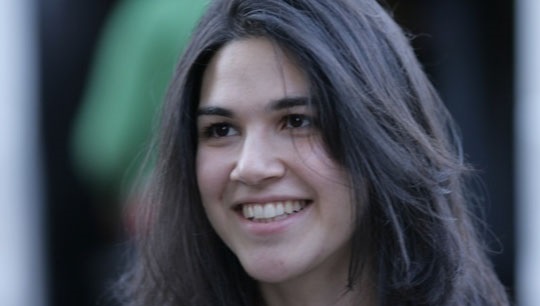
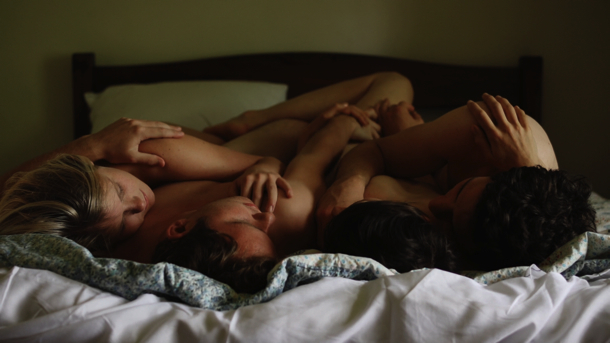


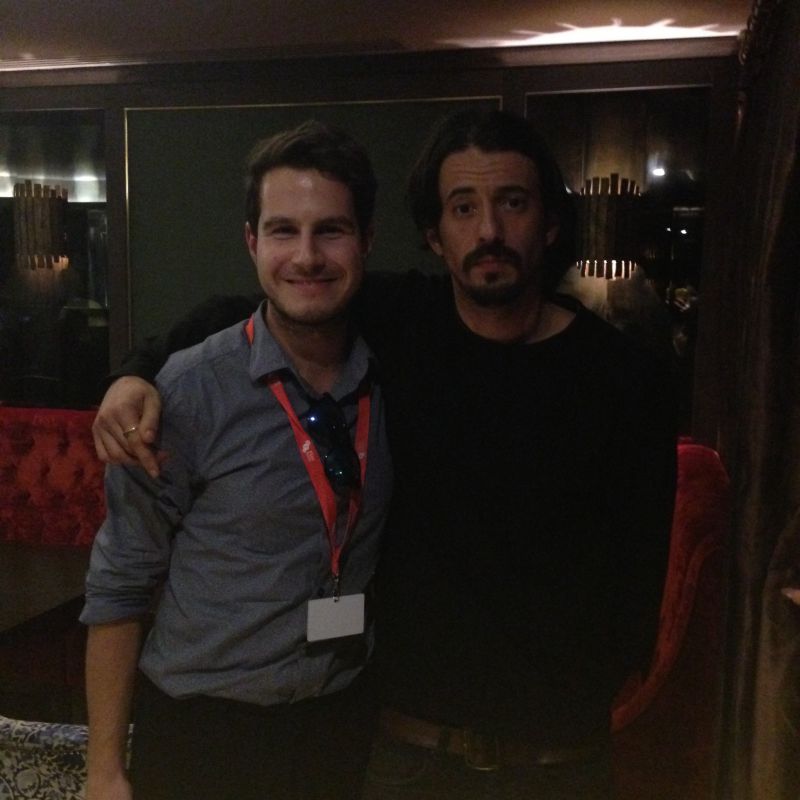
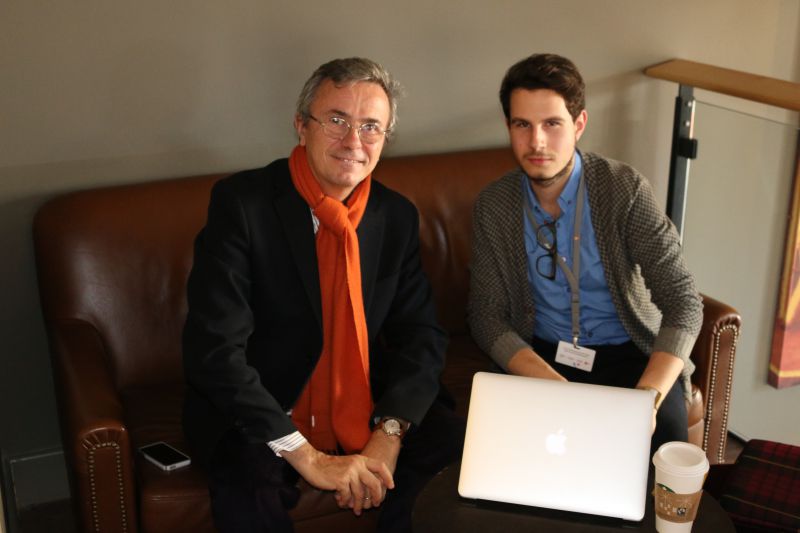
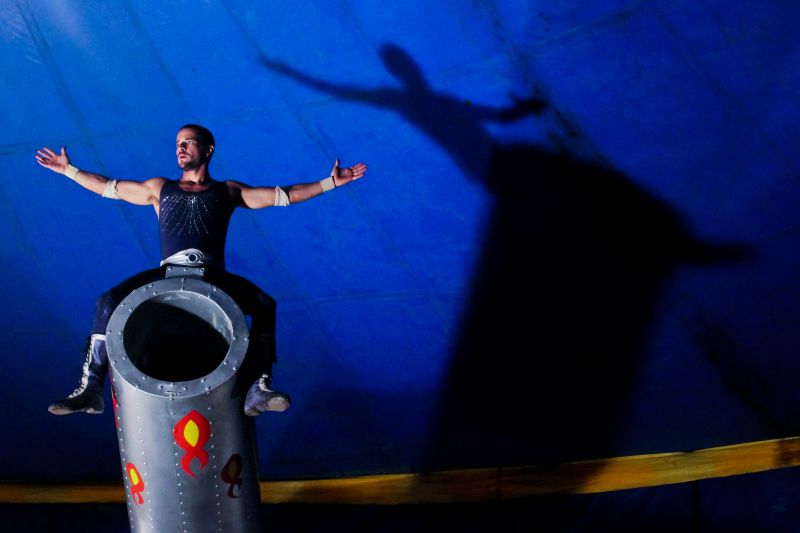
 Petrov Martin
Petrov Martin 


